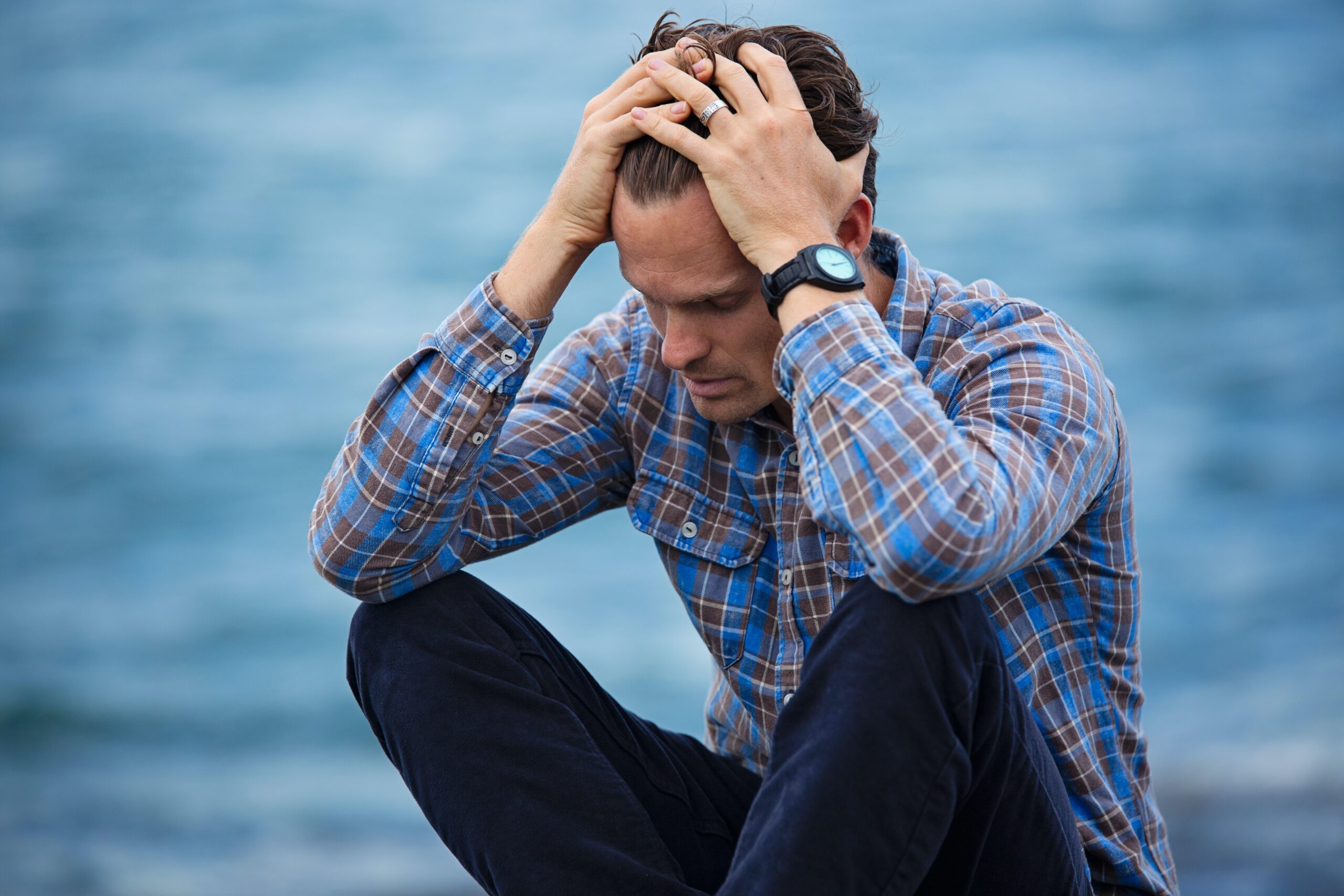How To Deal With Depression In 2023

Depression is a serious problem that can affect anyone at any time. However, it is especially prevalent in teens and young adults. If you or someone you know is dealing with depression, there are some things that you can do to help. Here are a few tips for dealing with depression in 2022:
1. Get plenty of sleep. Depression can make it difficult to get a good night’s sleep, but it’s important to try to get as much rest
It’s inevitable, at some point in our lives most of us will experience depression. In the United States, it’s estimated that 1 in 10 adults suffer from the condition. Depression is more than just feeling blue; it’s a serious mental illness that can be debilitating. Symptoms include persistent feelings of sadness, anxiety, and worthlessness. If left untreated, depression can lead to suicide.
While there is no one-size-fits-all solution for depression, there are a variety of treatments that can help. If you or someone you know is struggling with depression, reach out to a mental health professional. Therapy and medication are two common treatments for depression. Therapists can help you understand your thoughts and feelings and develop coping strategies. Medication can also be effective in treating depression. If you’re interested in exploring medication as a treatment option, talk to your doctor about your options.
What is depression?
Depression is a mental health disorder that causes a persistent feeling of sadness and loss of interest. It can lead to a variety of emotional and physical problems and can decrease a person’s ability to function at work and home.
Depression is not a normal part of aging. If you are depressed, you may feel hopeless, helpless, or worthless. You may lose interest in activities that you once enjoyed, have trouble sleeping or eating, or feel like life isn’t worth living. These feelings can last for weeks, months, or even years.
Depression is one of the most common mental health disorders in the United States. It affects more than 16 million adults each year. Depression can occur at any age, but it often begins in young adulthood or middle age.
Causes of depression
Depression is a mental health condition that can be caused by a number of factors. These include:
-Biological factors: these can include changes in brain chemistry, hormone levels, or neurotransmitter levels.
-Psychological factors: these can include negative thinking patterns, low self-esteem, or a history of trauma or abuse.
-Social factors: these can include isolation, relationship problems, or financial difficulties.
-Environmental factors: these can include exposure to stressful life events (such as the death of a loved one), chronic poverty or homelessness, or living in an unsafe environment.
Symptoms of depression
Most people think of depression as feeling sad all the time, but there are other common symptoms, too. People with depression may:
– Feel hopeless, or lose interest in activities they used to enjoy
– Experience a change in appetite or weight (either gaining or losing)
– Sleep more or less than usual
– Have difficulty concentrating or making decisions
– Feel exhausted or have low energy levels
– Experience physical aches and pains, such as headaches or stomachaches
– Feel irritable, anxious, or jittery
If you’re experiencing any of these symptoms for more than two weeks—and they’re disrupting your life—talk to a doctor.
How to deal with depression
Rising levels of economic inequality might be to blame for the surge in mental health problems around the world, according to a new study.
The research, published in the journal Lancet Psychiatry, found that people living in countries with high levels of inequality are more likely to experience depression and anxiety.
“Inequality is not just about income,” lead author Dr. Michael Marmot, a professor of epidemiology at University College London, said in a statement. “It is also about power, prestige, and status.”
The study looked at data from over 30 countries and found that, in general, the higher the level of inequality, the higher the rate of mental illness.
There are a number of possible explanations for this link, the authors say. For one, people who live in unequal societies may feel like they have less control over their lives and futures. This can lead to feelings of hopelessness and despair.
In addition, people who live in highly unequal societies may have less social support and feel more isolated from those around them. This isolation can make it harder to cope with stress and adversity.
The findings suggest that policies aimed at reducing inequality could help to reduce rates of mental illness around the world.
“Tackling inequality is not just about fairness; it is also about improving population health,” Marmot said.
When to seek help
Depression is a mental health disorder that can negatively affect how you feel, think, and handle day-to-day activities. It may also be called major depressive disorder or clinical depression. Depression can cause physical symptoms as well.
While it’s normal to feel down from time to time, if your low mood lasts for longer than two weeks and is accompanied by other symptoms, you may be dealing with depression.
If your depression is severe, you may need medication and/or psychological therapy to get better. If you’re not sure whether you’re depressed but think you may be, see your doctor or a mental health professional. They can give you a diagnosis and talk to you about treatment options.
Depression in 2022
The number of people experiencing depression is on the rise, and it is expected to continue to increase in the next decade. There are a number of reasons for this, including the increase in stress and anxiety levels due to the pandemic and other global events.
If you are struggling with depression, it is important to seek help from a mental health professional. There are also a number of things you can do to help yourself, such as staying active, eating a healthy diet, and getting enough sleep.
If you are worried about depression in 2022, there are steps you can take to prepare yourself. Make sure to stay informed about the latest developments and findings related to depression, so that you can be ready to face it if it does come your way.
Depression is a serious problem that can affect anyone at any time. If you or someone you know is dealing with depression, it’s important to get help. There are a number of resources available to those who need help, so don’t hesitate to reach out.




